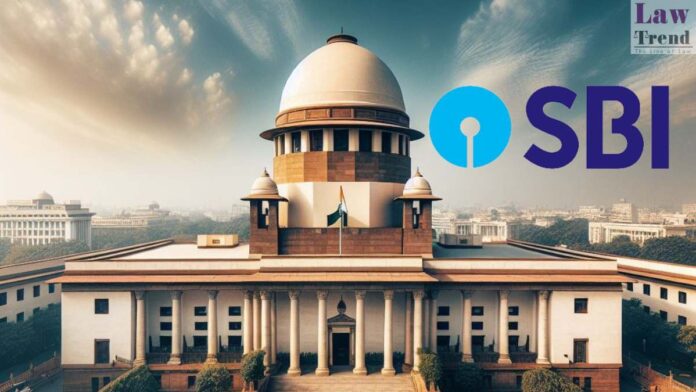In a significant ruling, the Supreme Court has provided a measure of relief to the State Bank of India (SBI) regarding the contentious issue of electoral bonds. Despite rejecting the bank’s plea for an extension to disclose details related to these bonds, the court clarified that SBI is not required to perform a “matching exercise” to reveal the identities of donors and the amounts donated to specific political parties.
Electoral bonds, introduced in 2018, were designed as an instrument to donate money anonymously to political parties. SBI, the sole authorized issuer of these bonds, found itself at the center of a transparency debate concerning political funding.
Chief Justice of India, DY Chandrachud, specified that the bank must only provide general information about the purchasers of electoral bonds and the sums political parties received through this scheme, which has now been discontinued. This directive ensures that SBI won’t have to link specific donations to particular parties, thus maintaining a level of anonymity for the donors.
The Supreme Court’s order requires SBI to disclose two key sets of data by the close of business on March 12, 2024. First, details concerning the purchase of each bond, including the purchaser’s name and the bond’s denomination. Second, information about the political parties that benefited from the bonds, including the date of encashment and the denomination of each bond cashed.
The Election Commission of India has been tasked with compiling this data and making it publicly available on their website by March 15, 2024.
Also Read
This ruling comes amidst concerns that electoral bonds could obscure the transparency of political donations, potentially allowing for undue influence on policy decisions. Critics argue that the anonymity provided by the bonds makes it difficult to ascertain if donations have directly or indirectly affected government policies in favor of the donors.
The Bharatiya Janata Party (BJP) has been identified as the primary beneficiary of this scheme since its inception. The issuance of electoral bonds was typically confined to specific short windows as determined by the government, with political parties having a mere 15-day window to encash the bonds after issuance.




